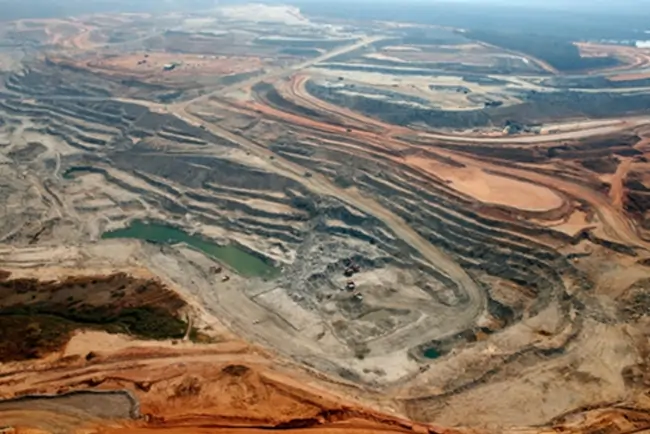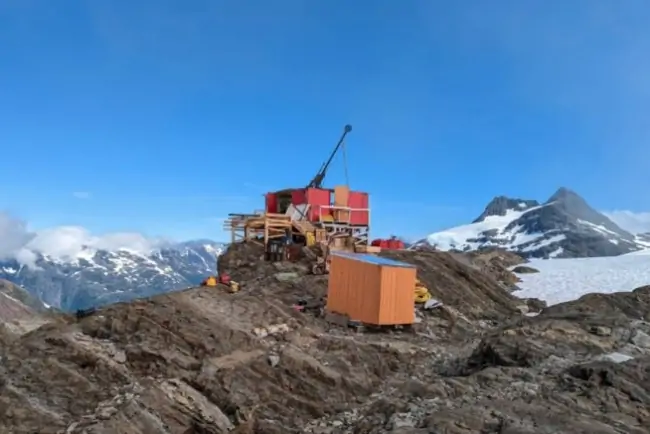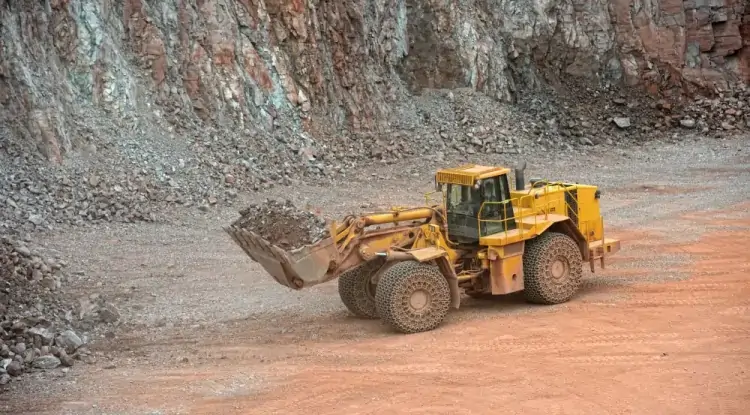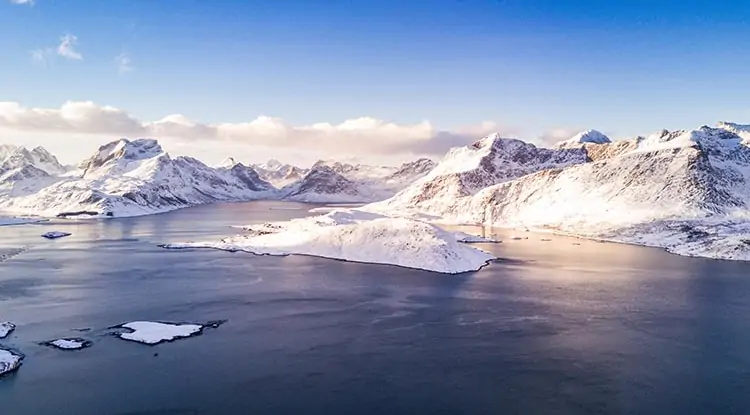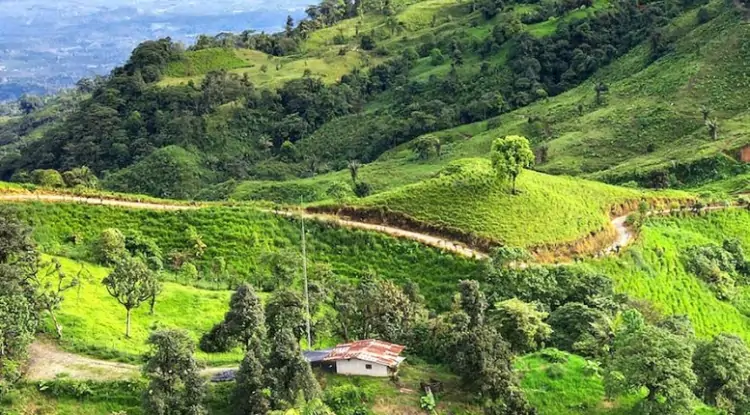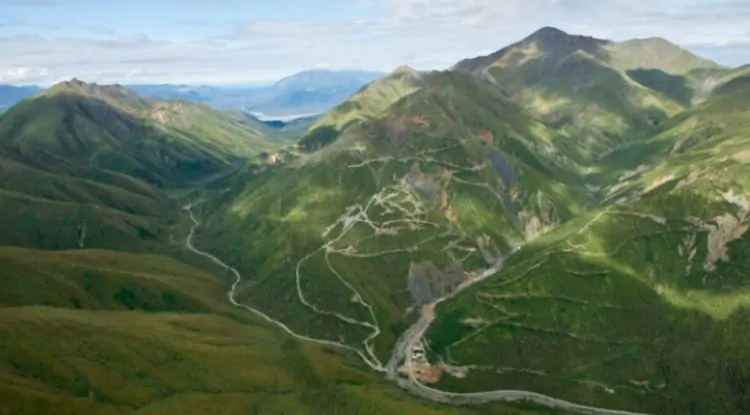Aclara posts first resource for Brazil rare earths project
South America-focused rare earths developer Aclara Resources (TSX: ARA) announced Tuesday an inaugural resource for its Carina Module regolith-hosted ion adsorption clay deposit in the State of Goiás, central Brazil.
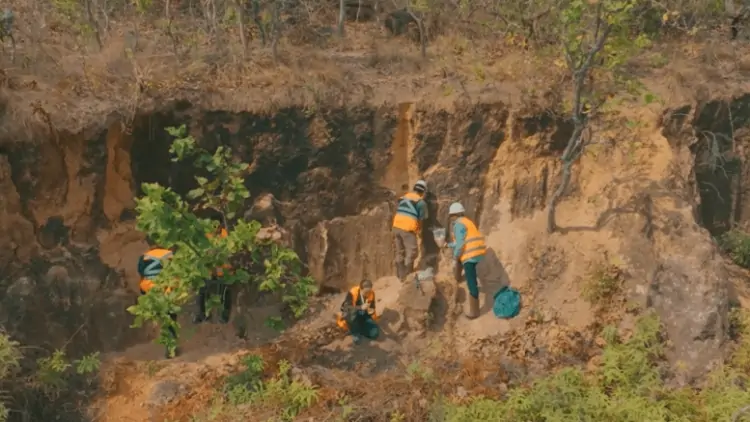

The project is estimated to contain 168 million tonnes of inferred material grading 1,510 parts per million (ppm) total rare earth oxides (TREO), containing average dysprosium and terbium grades of 42.1 ppm and 6.9 ppm, respectively. It is also said to contain significant quantities of neodymium and praseodymium.
This resource was estimated using the results obtained from 1,630 metres of drilling across 201 auger holes and 1,418 samples.
“The combination of its large size and attractive grades makes the Carina Module an outstanding deposit of ionic clays and significantly increases Aclara’s total resource base,” Aclara CEO Ramon Barua stated in a news release.
It complements the 27.5 million tonnes of measured and indicated resources and 1.7 million tonnes of inferred resources at Aclara’s Penco module in Chile, one of the most advanced rare earths projects in South America. Rare earths, used in cellular phones, computers and magnets for green energy technologies and electric vehicles, are highly sought by Western countries eager to secure supply chains outside of China, which dominates the mining and processing of the 17 rare metals. MP Materials’ (NYSE: MP) Mountain Pass mine in California is the only producing rare earths mine in the Americas.
Aclara says the average net smelter return value of the Carina resource is US$32.3 per tonne when using a cut-off value of US$7.4 per tonne.
According to the company, the recovery of rare earths from its Brazilian project is fully compatible with the technology patented and successfully demonstrated on a pilot scale in Chile, which was designed to minimize both cost and environmental footprints.
The next step for the company is to produce samples by processing the project’s ionic clays at the plant in Chile. A preliminary economic assessment (PEA) for Carina is being targeted for completion in January 2024.
“The fact that we can apply our patented metallurgical recovery process, which combines competitive costs with superior environmental qualities, provides a promising backdrop for the upcoming preliminary economic assessment,” Barua said.
On top of the PEA, the company is also pursuing additional resources through the completion of a reverse circulation drilling campaign, which is already underway and scheduled to be completed in Q2 2024.
Shares of Aclara Resources rose by 7.5% to 43¢ at mid-day in Toronto, for a market capitalization of $70.1 million.

